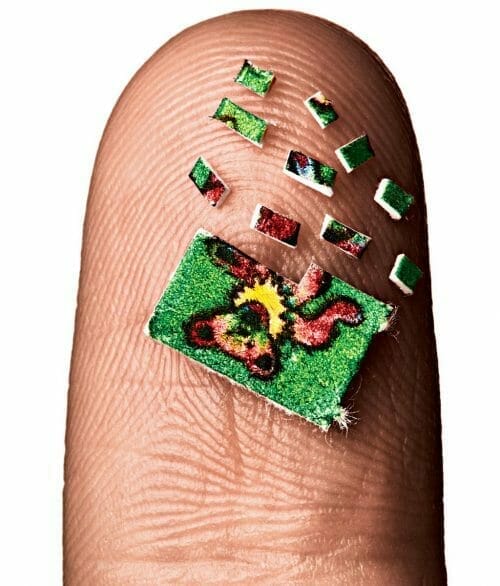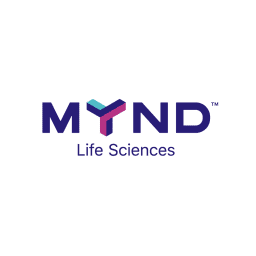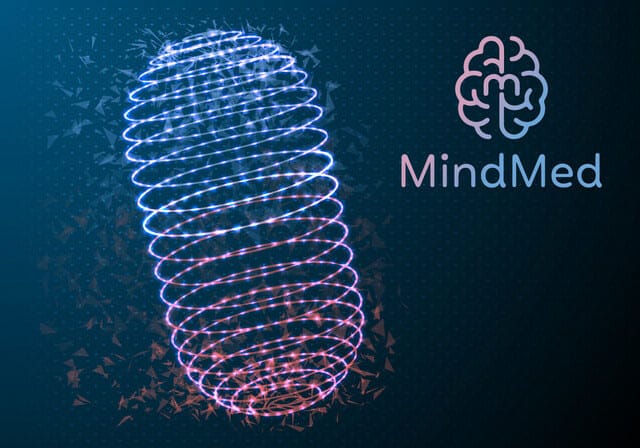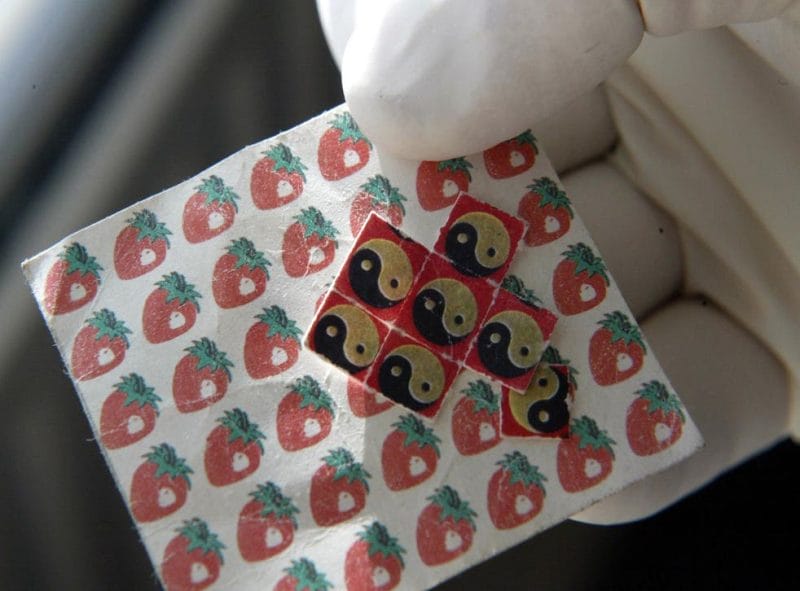Scientists don’t have all the answers—if they did they would be out of a job—and sometimes that answer isn’t good enough. Especially for people who are suffering. They want the answer to their pain and discomfort. It’s not an unreasonable assertion. Having lived with a number of people dealing with varieties of physical and emotional discomfort, I’ve seen this firsthand. On the day of the doctor visit, their hopes are up. They’re going to get an answer. Then the doctor informs them that they don’t know the source of the pain, and they’re going to have to try another shift in medication and consult again another month. Then another month goes by and there’s still no shift. The science isn’t there.
Naturally, they lose faith in the established science and may start looking elsewhere. Some turn to religion, while others go in a more esoteric direction, to say holistic medicine and still others turn to drugs. Drugs that have worked in the past when taken under less clinical circumstances. Eventually, people take things into their own hands, which is certainly not the ideal way to do it, but that’s one of the problems that happens when the regulatory and scientific community isn’t responding to the need for better medicines. Perhaps the science will catch up with the culture.
Mind Medicine (MMED.E) (MindMed) is one such company that’s trying to bridge that divide.
Right now they’re engaged in phase 2a clinical trials of LSD microdosing for adult attention deficit hyperactivity disorder (ADHD).
Microdosing is the practice of taking low doses of a substance—usually somewhere between one-twentieth to one-tenths a recreational dose—for a minimal effect. The general experience is thought to increase creativity and focus, but also to help with simply being present in the moment rather than letting your thoughts zoom off.
The practice is commonly associated with psilocybin, not LSD, but it’s not unheard of for people to microdose LSD if they can get their hands on it. It’s a fairly common theme among creatives to microdose a substance in an attempt to unlock hidden creative potential, and mostly it doesn’t work. The science just isn’t there regarding its efficacy in other arenas, like in adult ADHD and other ailments, so this trial at the University Hospital Basel in Basel, Switzerland, which incidentally is the birthplace of LSD, should hopefully help.
“The genesis of MindMed came as I was hearing anecdotal evidence from friends in Silicon Valley that microdosing was helping them to get off stimulant based ADHD medications and with other medical ailments. I started exploring and talking with leading scientists around the world and discovered that what is happening in the shadows should be brought to light, understood by the medical community and be available in a safe, regulated way, to everyone. MindMed is focused on becoming the global leader in microdosing to help millions who suffer from illnesses like ADHD. We are quickly amassing a strong group of preeminent clinical researchers and scientific minds to focus on this important and innovative work,” said JR Rahn, MindMed co-founder and co-CEO.
The company’s microdosing division is involved in the clinical development of consumer very low, sub-hallucinogenic doses of psychedelic substances. They anticipate building this division into a global leader for microdosing psychedelics, and expanding a diverse R&D pipeline of sub-hallucinogenic doses to treat various mental health issues, including adult ADHD.
MindMed’s specific interest is in the adult segment for ADHD, which represents over 46.5% of the total ADHD medication market in the United states. The total market for ADHD medications has a value of $12.9 billion annually. It’s estimated that 10 million American adults have the affliction, but only 10.9% of those actually seek and receive treatment.
Dr. Matthias Liechti, the world leading researcher in psychedelics pharmacology and clinical research, will serve as an additional principle investigator on the first ever Phase 2a Proof of Concept clinical trial to evaluate LSD for the treatment of adult ADHD. MindMed has previously signed a clinical trial agreement with Maastricht University, which has been conducted microdosing research in the Netherlands, as part of the same Phase 2a clinical trial. The trial is scheduled to begin both in the Netherlands and Switzerland by the end of 2020.
—Joseph Morton







